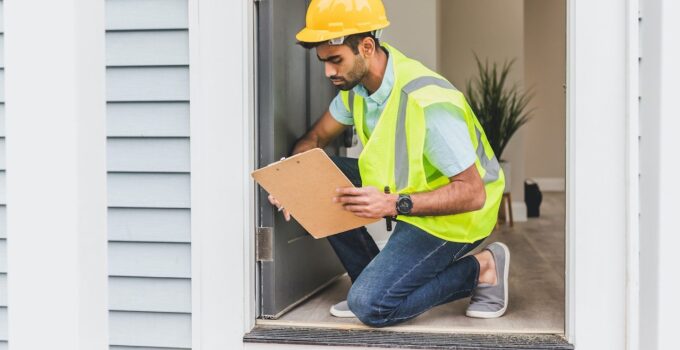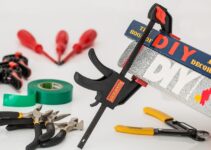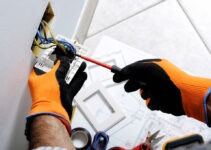When it comes to buying a home, you want to ensure that you’re making a sound investment and avoiding potential pitfalls. That’s where a home inspection checklist becomes invaluable. A comprehensive home inspection can reveal hidden issues that may not be apparent to the untrained eye, helping you make an informed decision about your future property.
In this guide, we’ll provide you with a detailed checklist of questions to ask during a home inspection, organized by key areas of concern. Whether you’re a first-time homebuyer or a seasoned real estate investor, this checklist will help you navigate the complexities of property inspection.
Introduction to Home Inspection Checklist Importance
Let’s first establish the value of a home inspection checklist before getting into the precise questions. The process of purchasing a house requires the use of home inspection services. Understanding a home’s condition is essential because buying one is a big investment.
A comprehensive examination can find possible issues like structural difficulties, plumbing or electrical problems, or hidden damages, which might prevent you from having to make costly repairs in the future. Additionally, it gives you peace of mind because you know your new house is secure.
Start with Essential Questions for Potential Homebuyers
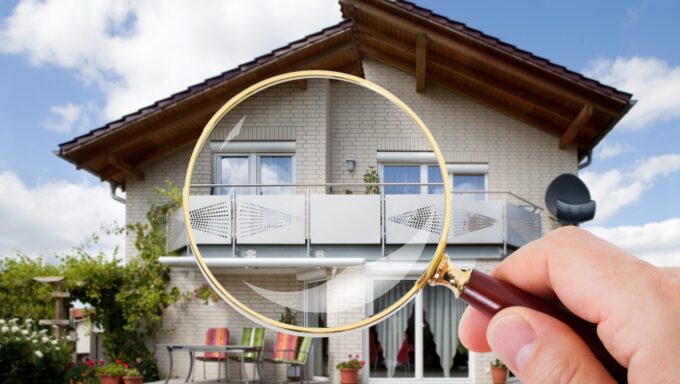
Source: indystar.com
Before delving into specific areas of inspection, let’s begin with some fundamental questions. Ask about the age of the property, any recent renovations, and the reason for selling. These initial queries can provide valuable context. Understanding the homeowner’s motivations and the property’s history can reveal potential issues or advantages you should investigate further.
Questions About the Property’s Structural Integrity
The foundation and structure of a house are its bones. Start by asking about any previous foundation repairs or issues. Check for visible cracks, both inside and outside. Inquire about the load-bearing capacity of the structure and whether it’s up to code. Ensuring the structural integrity of the property is critical as it can prevent costly repairs down the road.
Checklists for Plumbing System Evaluations
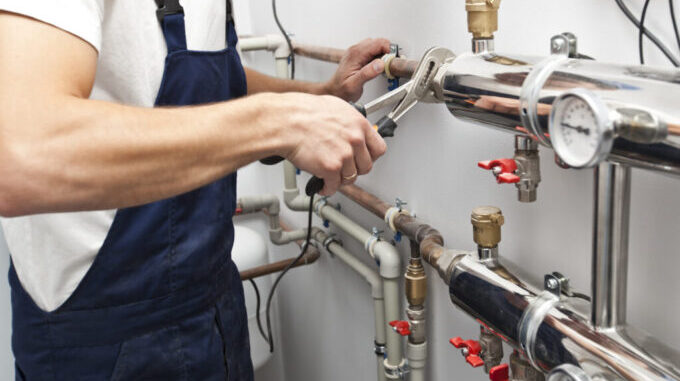
Source: genevieplumbinginc.com
A well-functioning plumbing system is essential for any house. To assess the plumbing, inquire about the following:
- Is the water pressure adequate throughout the house?
- Are there any leaks or drips from faucets, pipes, or fixtures?
- Does the hot water heater show signs of rust or corrosion?
- Have there been any past issues with sewage or drainage?
- Are the water supply and sewage lines in good condition?
Electrical System Questions for Safety Assessments
Assessing the electrical system is a fundamental part of a home inspection to guarantee safety. Begin by inquiring about the age and condition of the electrical panel and wiring. Test outlets and switches for functionality and safety. Look for any signs of electrical problems like burnt or frayed wires.
Ask about any previous electrical repairs or upgrades. A thorough examination of the electrical system is vital to identify potential fire hazards or safety risks. Ensuring that the home’s wiring and components meet safety standards is not only essential for your well-being but also a critical aspect of determining a property’s overall suitability for purchase.
Evaluating the Heating and Cooling Systems
Evaluating the heating and cooling systems is a critical aspect of a home inspection. Start by asking about the age and maintenance history of these vital components. Ensure that they are in good working order by testing both heating and cooling functions. Listen for any unusual sounds and check for temperature consistency throughout the house. A well-maintained HVAC system not only ensures your comfort but also contributes to energy efficiency.
Assessing these systems helps you identify potential issues and estimate future maintenance or replacement costs, making it a key consideration when evaluating a prospective home’s overall condition and value.
Interior Inspection Questions for Room Conditions
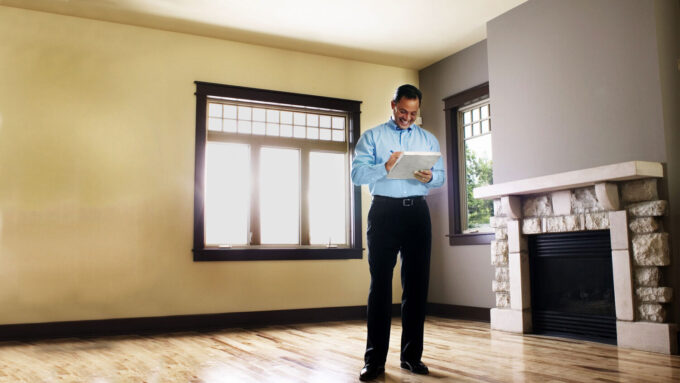
Source: bayhomeinspectionservices.com
When inspecting the interior, assess each room individually. Start with the walls and ceilings; look for cracks, water stains, or signs of mold. Ask about insulation and the energy efficiency of the windows. Inspect the flooring for any signs of damage or wear. This room-by-room approach ensures you don’t overlook any hidden issues that might affect your comfort and budget.
Exterior Inspection Queries for Signs of Damage
The exterior of a house is its first line of defense against the elements. Check for cracks in the foundation, siding damage, or signs of water intrusion. Inspect the windows and doors for proper sealing and functionality. Ask about the age of the roof and look for missing or damaged shingles. An exterior inspection is crucial for preventing future maintenance surprises.
Questions Regarding the Roofing and Attic Areas
A solid roof is essential to protect your home from the elements. Make sure to ask about:
- What is the age and condition of the roofing material?
- Are there any visible signs of roof damage or missing shingles?
- Has the attic been properly insulated and ventilated?
- Are there any signs of water leaks or moisture damage in the attic?
- Are there any potential fire hazards, such as exposed wiring or improper insulation?
Yard and Landscaping Aspects to Consider

Source: bhg.com
Assessing the yard and landscaping is a significant part of a house inspection, often overlooked but equally important. Begin by evaluating the irrigation system’s functionality and maintenance. Check for proper drainage to prevent potential flooding issues around the property. Examine the condition of trees, shrubs, and the overall landscaping. Overgrown trees can pose risks, while well-maintained landscaping adds curb appeal and value.
Understanding these outdoor elements helps you plan for landscaping improvements and drainage solutions, ensuring that the property’s exterior spaces are not only aesthetically pleasing but also functional and problem-free, contributing to a comfortable and enjoyable living experience.
Wrapping Up with Final Checklist Tips and Advice
As you conclude the residence inspection, revisit any outstanding questions or concerns. Request documentation for any repairs or renovations mentioned during the inspection. Consider hiring a specialized inspector for areas like mold, radon, or pest infestations, especially if there are any suspicions. Finally, consult with your real estate agent and legal counsel to ensure your interests are protected during negotiations.
Conclusion
In conclusion, a thorough home inspection is a vital step in the homebuying process. Armed with the right questions and a keen eye for detail, you can ensure that your future home is safe, sound, and free from hidden issues.
By using this comprehensive checklist, you’ll be well-prepared to make an informed decision and embark on your homeownership journey with confidence. Remember, investing time in a home inspection today can save you headaches and expenses in the future, making it a wise and essential step in the home-buying process.

